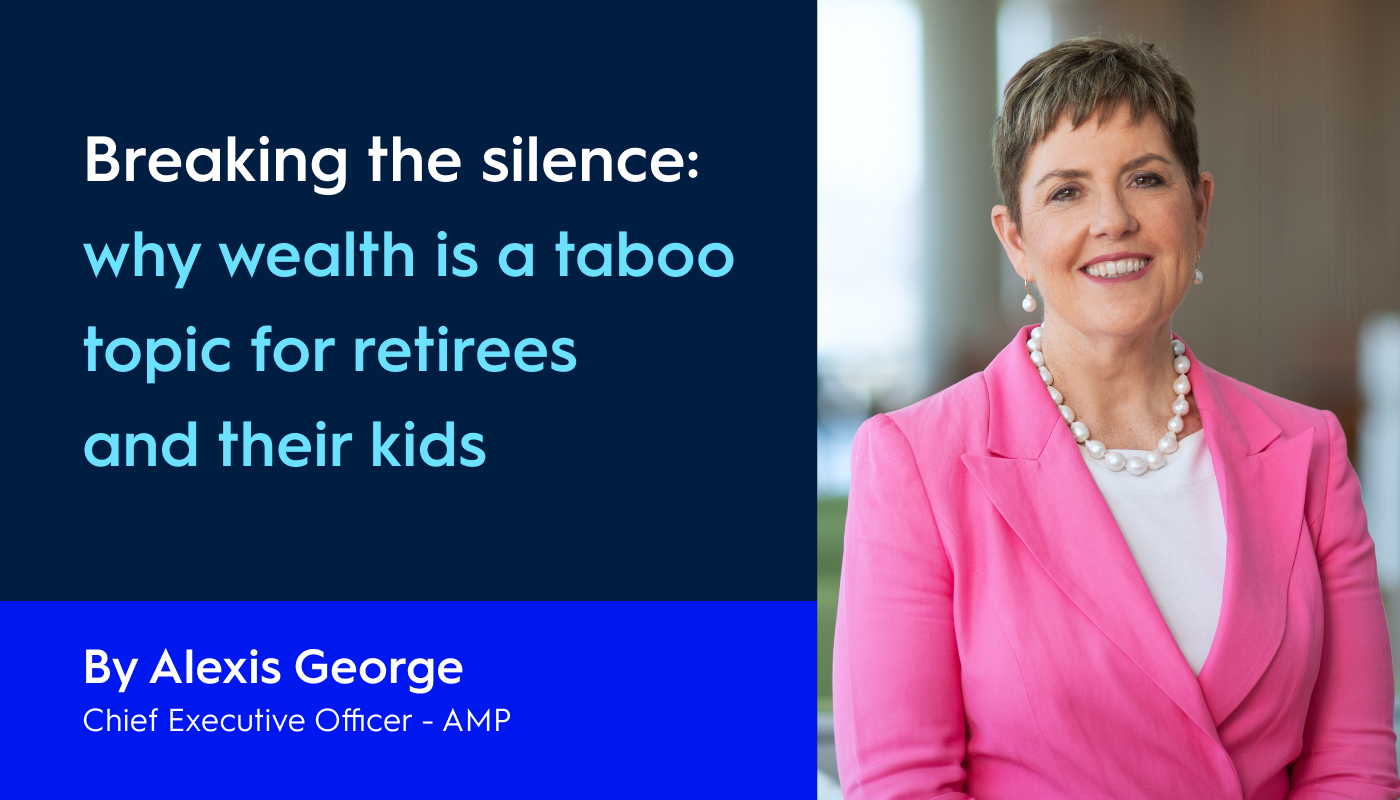The latest research unpacking under 40s’ attitudes to retirement and intergenerational wealth has revealed some thought-provoking insights.
Firstly – and this shouldn’t come as any great surprise – Australians under 40 hold concerns about housing unaffordability and its impact on their wealth in retirement. Along with super, the home is one of the key pillars of retirement wealth, so they’re right to be concerned.
But what’s more interesting is that despite rising debt and difficulties buying a property, most under 40s are not relying on the so-called ‘bank of mum and dad’ to secure their financial futures. In fact, half of those surveyed believe they will need to financially support their parents as they age.
Intergenerational wealth, inheritance and financial support are sensitive topics of conversation for parents and kids, particularly when there are multiple children with different financial needs. They’re not subjects easily raised at a Sunday family lunch.
But with an estimated $3.5 trillion set to be transferred from parents to their kids in the next 20 years, and the financial challenges currently facing younger Australians, it is something we must be more open to talking about.
One reason why older Australians aren’t talking to their kids could be that they’re uncertain about their own financial futures. We know from the Intergenerational Report that a large number of retirees draw down at the legislated minimum on their super balance and leave a significant proportion unspent. Many have a misplaced fear their savings won’t go the distance owing to an uncertainty about how long they’ll live and the potential need for aged care and associated costs. As a result, they are battening down the hatches and under-spending in retirement.
Perhaps one of the reasons kids aren’t asking their parents for financial assistance or raising wealth-related questions is because they know that their parents have these financial concerns.
Lifting the financial confidence of retirees is arguably one of most important socioeconomic challenges and opportunities our nation faces, as it unlocks so many benefits.
Most importantly, it would allow retirees to improve their own quality of life, particularly in the early years when they’re still active and able. But it could also be a catalyst to open the lines of communication with their children – dialogue which could cover important wealth matters, such as the importance of super, and more taboo topics such as inheritance and estate planning.
It may even empower retirees to support their adult children financially, beyond providing a roof over their head in their home – the main way they currently provide assistance. At the very least, instilling greater confidence could help allay under 40s’ worries about needing to support their parents.
Sharing financial knowledge and insights across the generations may also build greater collective financial literacy and confidence within the family unit. There are, for example, many intergenerational Australian families who benefit enormously from seeing the same financial adviser, who can take a more holistic view of their finances.
Currently 90 per cent of all generational wealth in Australia is transferred through death inheritance – received by their children often when they’re over the age of 50. Even a small reduction in this percentage to increase the share transferred before death could make a significant improvement to the lives of the many younger Australians grappling with cost-of-living and housing unaffordability pressures.
I’ve spoken publicly before about how we can strengthen the financial confidence of our retirees. It requires a coordinated effort by industry and government to simplify the system, strengthen financial literacy at all ages, as well as provide better access to advice, easier ways to unlock equity from the family home and more lifetime income solutions. Some of these are being addressed through the Government’s retirement income and financial advice review, but we need to move faster.
Most retirees want to provide more financial support to their kids. Building their own financial confidence and opening the dialogue are the essential first steps.
"First published in The Australian, 29 July 2024."


